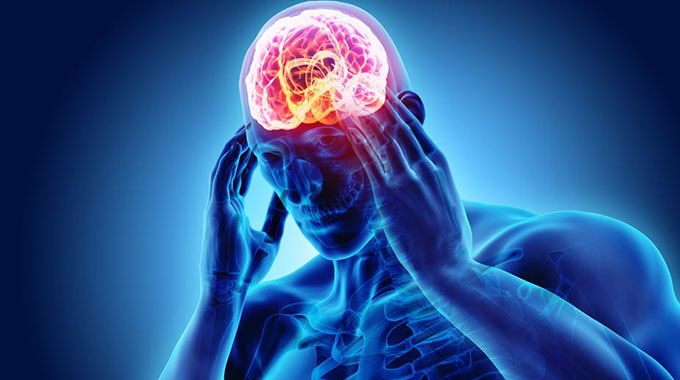Anxiety Outbreak during the Corvid Pandemic

Dr Sacrifice Chirisa
Feeling anxious amidst the COVID-19 pandemic is to be expected. These are scary uncertain times with misinformation and information overload flying about and a fear of what’s going on and what could happen. But while you can easily recognise when you’re having worried thoughts about coronavirus, you might not be able to identify the physical signs of struggling with anxiety which, frustratingly, can be similar to the symptoms of coronavirus.
Many people are developing symptoms similar to coronavirus, simply due to anxiety. They are so concerned regarding the uncertainty surrounding the virus that they will convince themselves it’s only a matter of time before the symptoms appear. One needs to understand that the mind is unable to discriminate between real and perceived danger, and when it feels threatened and vulnerable, adrenaline surges through the body, causing increased anxiety and often triggering chest pain, palpitations, shortness of breath, and feeling too hot.
If you have a history of anxiety and panic attacks the likely hood of heightened anxiety is more likely. Remind yourself that it’s more likely your symptoms are psychosomatic than you’ve caught the virus.
You worry about coronavirus, so your mind-body creates what feels like symptoms of coronavirus, which you then take as evidence that you do actually have coronavirus. This leads to more anxiety and worsening symptoms.
Coronavirus early symptoms include a fever, dry cough, shortness of breath and a sore throat. Symptoms of anxiety and more so panic attacks: This symptoms are a racing heartbeat, feeling faint sweating, nausea, chest pain, shortness of breath, trembling hot flushes, chills, shaky limbs a choking sensation, dizziness, numbness or pins and needles dry mouth a need to go to the toilet ringing in your ears a feeling of dread or a fear of dying a churning stomach a tingling in your fingers feeling like you’re not connected to your body.
This how to reduce the anxiety symptoms:
Avoid watching, reading or listening to news that cause you to feel anxious or distressed; seek information mainly to take practical steps to prepare your plans and protect yourself and loved ones. Seek information updates at specific times during the day once or twice instead of minute per minute corona updates. Staying connected and maintain your social networks is essential even in isolation or lock down. Even in situations of isolations, try as much as possible to keep your personal daily routines. During times of stress, pay attention to your own needs and feelings. Engage in healthy activities that you enjoy and find relaxing. Exercise regularly, keep regular sleep routines and eat healthy food. Keep things in perspective and right priorities.
The key message this week is: If your symptoms ease off once you’re more relaxed, you can be reassured that they were due to anxiety and not coronavirus.
Disclaimer: This for information only. Dr Sacrifice Chirisa writes in His personal Capacity. He is the Deputy Director of Mental Health Services MOHCC HQ : For Cell +263772968269 Cell: [email protected]









Comments